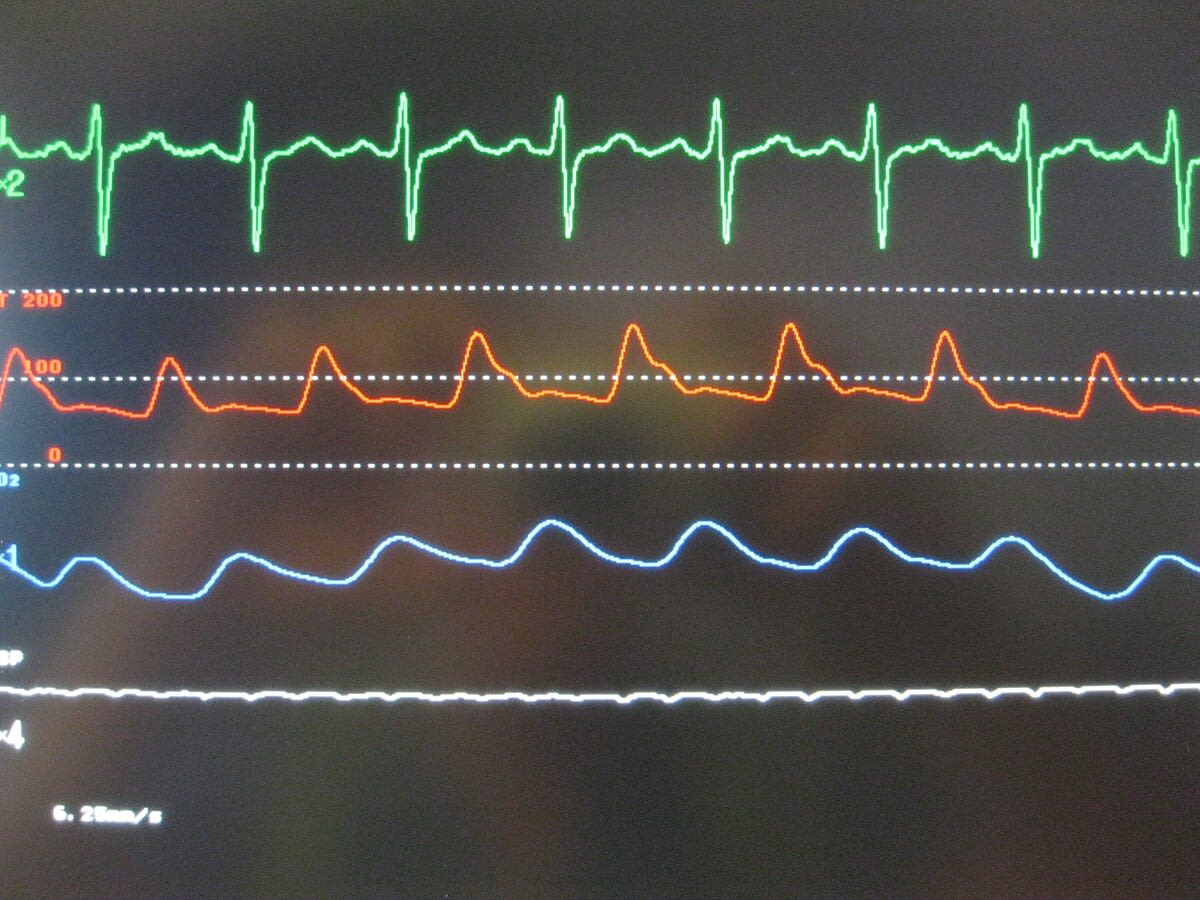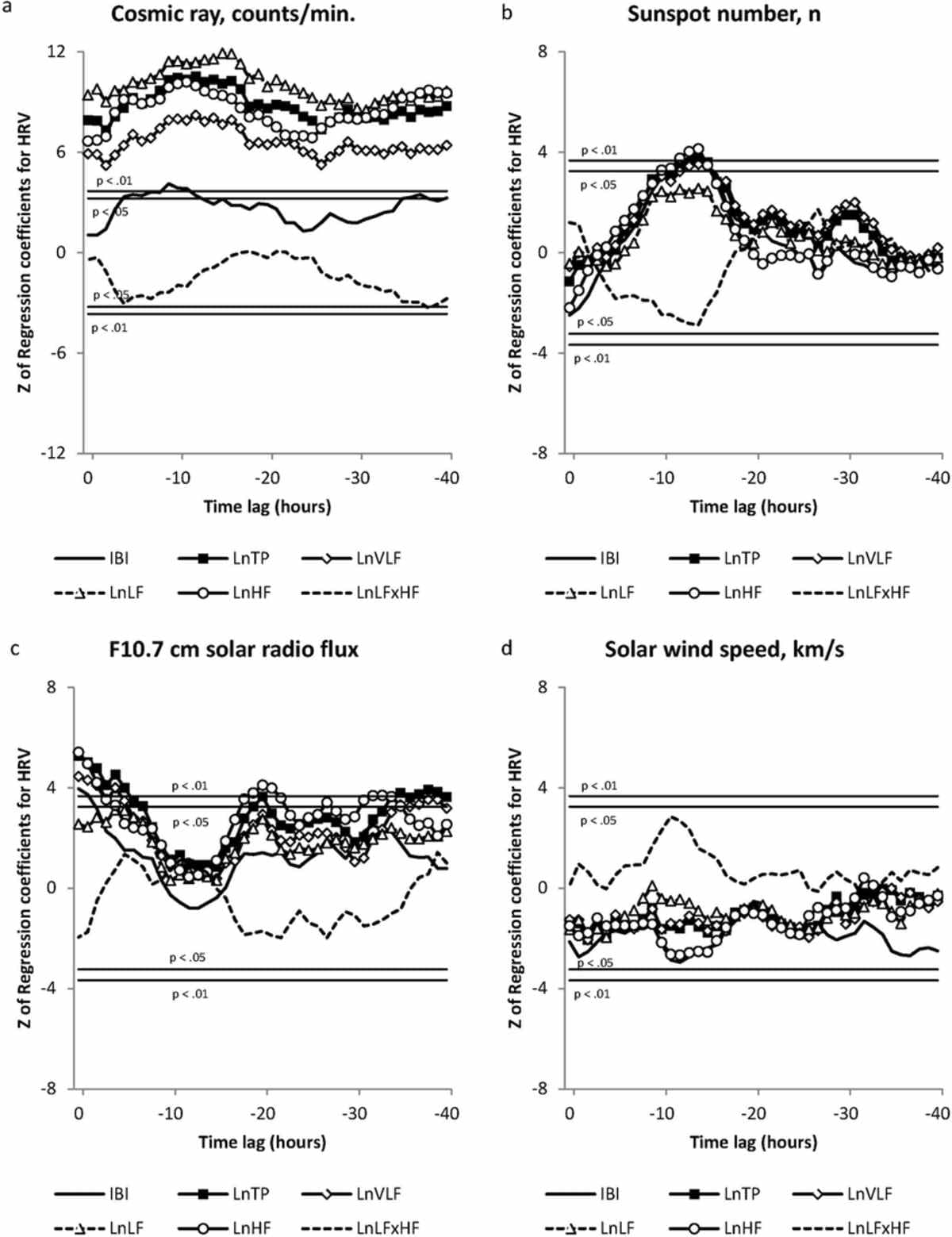Can Solar Storms Affect Your Heart? Study Finds Surprising Connection

Certain Solar phenomena could have an impact on an individual's heart health, a new investigation has unveiled. This investigation has been detailed in the journal Scientific Reports. Researchers conducted a five-month field study on several healthy subjects. The monitoring showed that heart rate variability (HRV) in all subjects changed with alterations in space weather phenomena associated with solar particles. HRV is essentially the measurement of variations that happen in the time gap between two heartbeats. The alterations were associated with phenomena, like electromagnetic energy from the sun and the Schumann resonance power.

What is Heart Rate Variability (HRV)?
Experts believe that HRV is controlled by an element of the nervous system called the autonomic nervous system (ANS), according to Harvard Health Publishing. Hence, HRV also serves as a window to ANS for experts. The system is crucial for humans as it monitors blood pressure, digestion, breathing, heart rate, and many other key functions. To understand the relationship between HRV and solar storms, Dr. Abdullah Alabdulgader of the Prince Sultan Cardiac Center in Saudi Arabia conducted weekly 72-hour ECG sessions of 16 healthy volunteers, as stated by Earth. The readings were compared with hourly logs of sunspot counts, local geomagnetic indices, solar wind speeds, and cosmic ray flux collected by NASA and Finland's Sodankylä Observatory.
Results of the Investigation
HRV can be broken down into three bands: very‑low‑frequency, low-frequency, and high-frequency bands. The team noted that readings in all three bands picked up when the intensity of cosmic ray counts, solar radio flux, and local Schumann resonance power increased. During the investigation, the relationship between cosmic ray counts and HRV was found to be most dominant. HRV was enhanced for around 40 hours after cosmic ray counts exhibited an increase. Another important observation was that whenever there was an increase in the power of solar winds, the speed of the heart rate also increased. Researchers speculate it could be a form of biological stress response. It means the dominance of the Sympathetic Nervous System (SNS) in this case.

It is well known that ANS monitors HRV by balancing the Parasympathetic Nervous System and SNS. Here, the SNS has possibly taken over. Past studies have proven a synchronization between the frequency exhibited by alpha brain oscillations in the brain and when the Schumann resonance is at its peak. The dataset acquired through the investigation claims that HRV also aligns with Schumann resonance in the same way, at certain phases. Schumann's power was found to increase during thunderstorms and quiet solar intervals. During these periods, participants' heart rates slowed down, which meant that PNS took over in the game of balance.
The Reason Behind This Relationship
Researchers think the relationship is rooted in the way charged particles from the sun interact with the ionosphere. The interaction impacts the ultra‑low‑frequency waves that reach the Earth's surface. These waves, in turn, may be affecting the cardiac health of civilians. It is known that circadian genes, which control the 24-hour cycle of the human body, align themselves with weak radio‑frequency fields. It is possible that in this alignment, magnetite nanoparticles in cardiac and neural tissues are acting as receptors. If so, then there is possibly a solid relationship between solar phenomena that affect the Earth's magnetic field and heart health. If such factors indeed affect heart and brain health, then the medical infrastructure should incorporate the readings of this phenomenon in their preventive methods. They should have more facilities on call when such phenomena are predicted to peak, so that vulnerable individuals, those suffering from cardiac ailments, get the required treatment as quickly as possible.